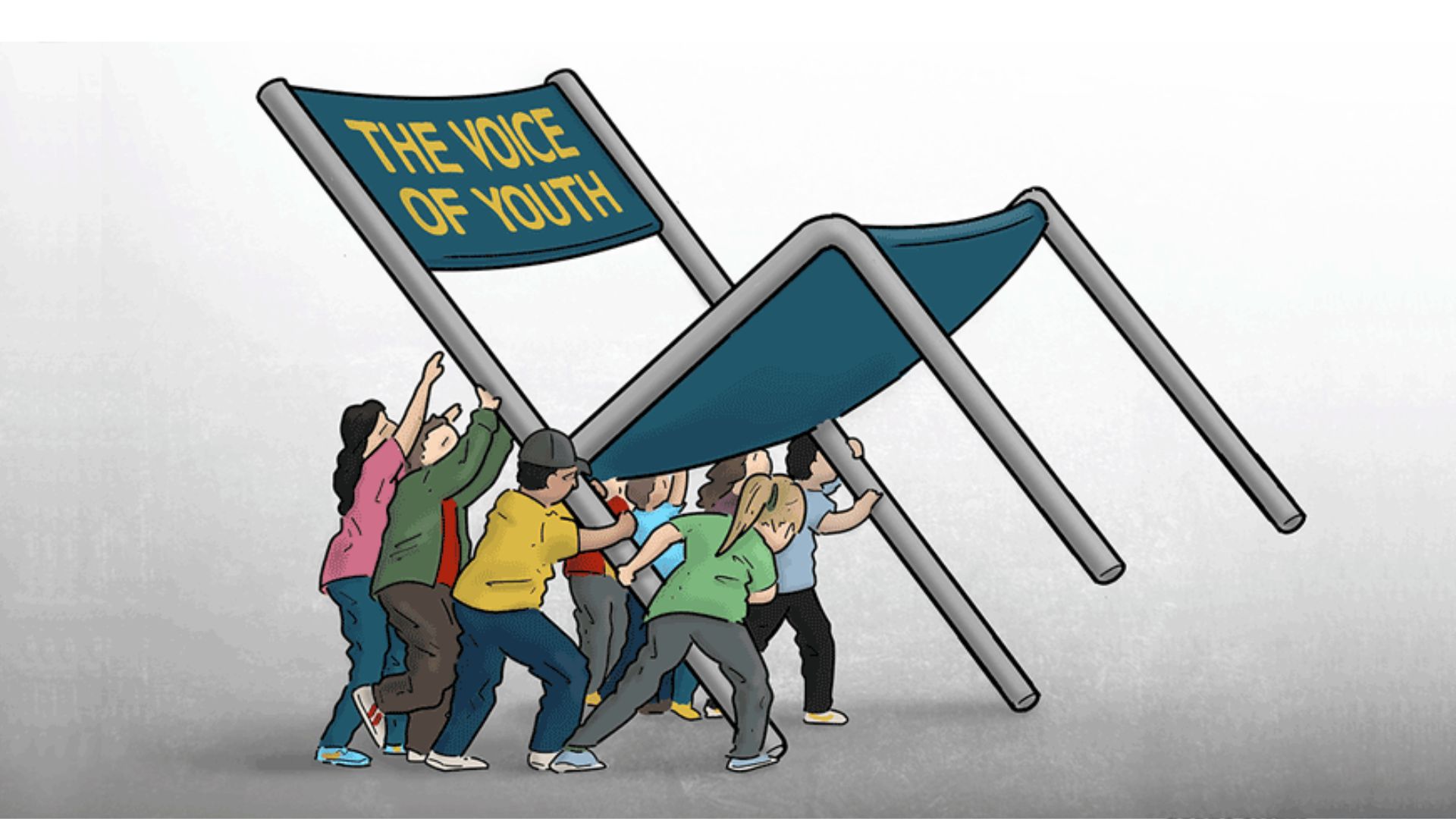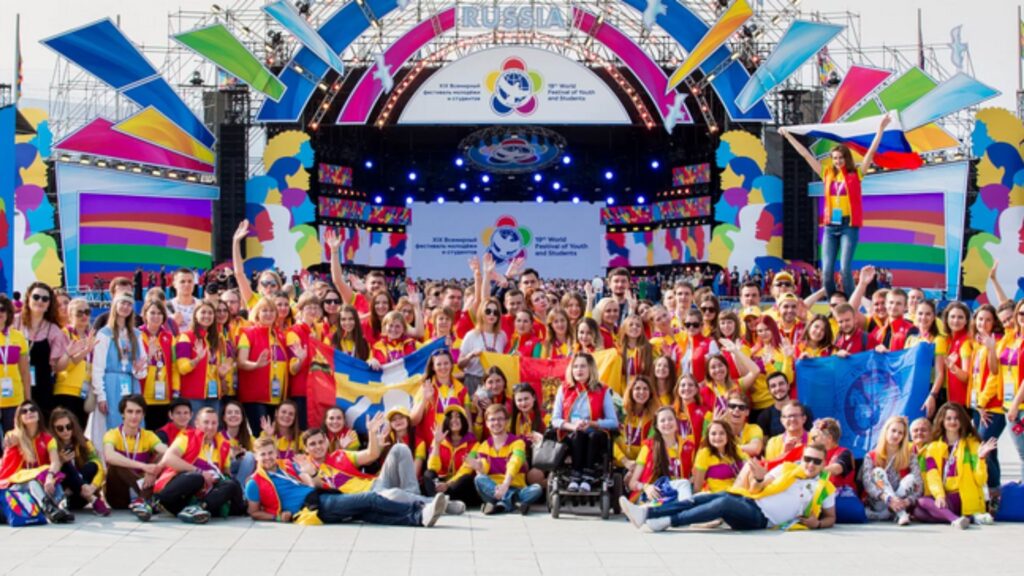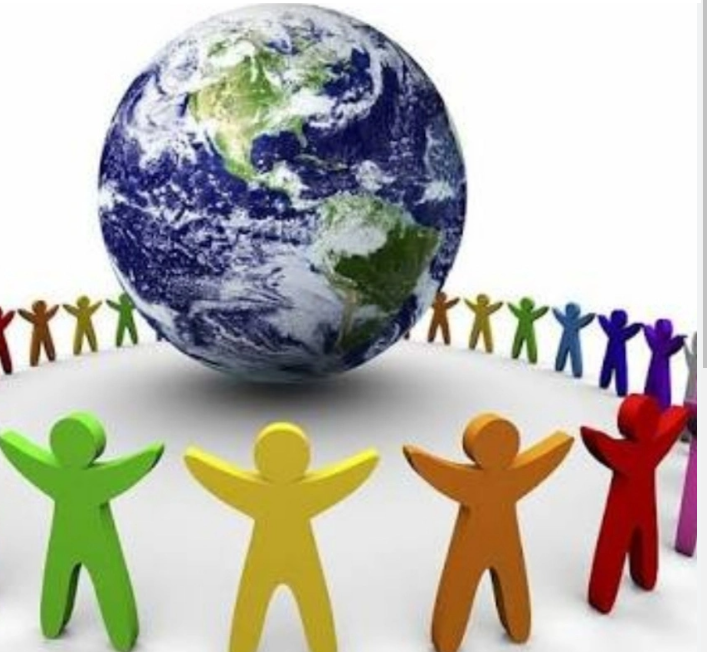|
Getting your Trinity Audio player ready...
|
Youth rights encompass the fundamental freedoms and entitlements afforded to individuals under the age of 18. These rights are crucial for ensuring that young people have a voice, agency, and opportunities to thrive in society. In this comprehensive guide, we delve into the importance of youth rights, the challenges faced by young people, and the strategies for advocating and protecting these rights.

The Significance of Youth Rights
Youth rights are integral to upholding principles of equality, justice, and human dignity. They encompass a wide range of issues, including education, healthcare, employment, participation in decision-making processes, and protection from exploitation and violence. By recognizing and respecting the rights of young people, societies can create an environment conducive to their holistic development and well-being.
Challenges Faced by Young People
Despite the significance of youth rights, young people often encounter various challenges that impede their ability to fully exercise these rights. Discrimination, lack of access to quality education and healthcare, limited job opportunities, social stigma, and political marginalization are among the many obstacles faced by youth worldwide. Addressing these challenges requires concerted efforts from governments, civil society organizations, and communities to create inclusive policies and programs that prioritize the needs of young people.
Advocating for Youth Rights
Advocacy plays a crucial role in advancing youth rights and amplifying the voices of young people in decision-making processes. Through grassroots movements, youth-led initiatives, and partnerships with policymakers and stakeholders, advocates work tirelessly to raise awareness about the importance of youth rights, address systemic injustices, and push for policy reforms that safeguard the rights and interests of young people. By engaging in advocacy efforts, individuals can contribute to building a more equitable and inclusive society for future generations.
Protecting Youth Rights in a Digital Age
In today’s digital age, young people face unique challenges related to their online presence and digital interactions. Cyberbullying, online harassment, privacy violations, and exposure to harmful content are some of the risks that young people may encounter in the digital space. It is essential to prioritize digital literacy, online safety education, and the development of supportive online communities to ensure that young people can navigate the digital landscape safely and responsibly while fully exercising their rights.
Empowering Youth Through Education and Participation
Education plays a pivotal role in empowering young people to understand their rights. Additionally, it ensures them to advocate for themselves and others, and become active citizens in their communities. Schools, universities, and non-formal education programs can incorporate human rights education into their curricula. Furthermore, this helps to equip young people with the knowledge, skills, and values necessary. Moreover, these promote and protect human rights, including youth rights. Additionally, creating opportunities for meaningful youth participation in decision-making processes at local, national, and international levels is essential for fostering a culture of inclusion and democracy.
Access to Reproductive Health Services
Ensuring young people have access to comprehensive sexual and reproductive health services is essential for safeguarding their rights. Additionally, helps with bodily autonomy, health, and well-being. This includes access to information, contraception, STI testing and treatment, and reproductive healthcare services that respect their confidentiality and autonomy.
Protection from Violence and Exploitation
Young people are often vulnerable to various forms of violence, exploitation, and abuse, both offline and online. Efforts to protect youth rights should prioritize measures to prevent and respond to violence, trafficking, child labour, and other forms of exploitation. This includes enacting and enforcing laws that criminalize child abuse and exploitation, providing support services for victims, and promoting awareness and education on preventing violence.
Mental Health Support and Well-being
Mental health is a critical aspect of overall well-being, yet many young people face significant challenges. Additionally, they face challenges in accessing mental health support and services. Promoting youth rights involves addressing stigma around mental health, increasing access to affordable and youth-friendly mental health services, and integrating mental health education and support into schools and communities.
Environmental Sustainability and Climate Justice
Youth rights intersect with environmental sustainability and climate justice, as young people are inheriting a world deeply impacted by environmental degradation and climate change. Protecting youth rights involves addressing environmental challenges, and advocating for climate action. It also ensures young people have a voice in decision-making processes related to environmental policies and sustainability initiatives.
Economic Opportunities and Financial Literacy
Access to economic opportunities, employment, and financial resources is crucial for young people’s empowerment and independence. Efforts to promote youth rights should focus on creating inclusive economic policies and providing vocational training. It should also focus on entrepreneurship programs, and promoting financial literacy and skills development.
Cultural Rights and Identity
Cultural rights are an integral part of human rights, encompassing the rights of individuals to participate in cultural life. Additionally, to express their cultural identity, and access and enjoy cultural heritage. Protecting youth rights involves respecting and valuing diverse cultural identities and traditions, and promoting cultural exchange. It also includes understanding, and ensuring young people have opportunities to engage in cultural activities and express their creativity.
Conclusion
Youth rights are fundamental to building a just, equitable, and sustainable world for present and future generations. Societies can create environments where young people can thrive, contribute meaningfully, and fulfil their potential as agents of positive change. Additionally, this can be done by recognizing the importance of youth rights, addressing the challenges faced by young people, and advocating for policy reforms. Furthermore, it can also be achieved by protecting their rights in the digital age and empowering them through education and participation.
You might also interested in the following:
- Challenges Facing Youths Today: Top Concerns
- Youth Uprising: The Power of Our Voices for Change
- Youth Mental Health: A Guide to Resilience.
- Youth Popular Games: Unraveling Trends and Cultural Impact




